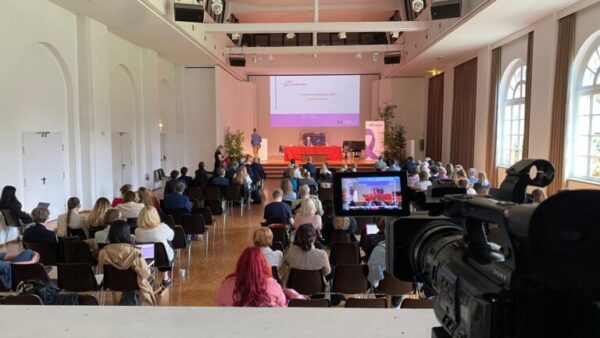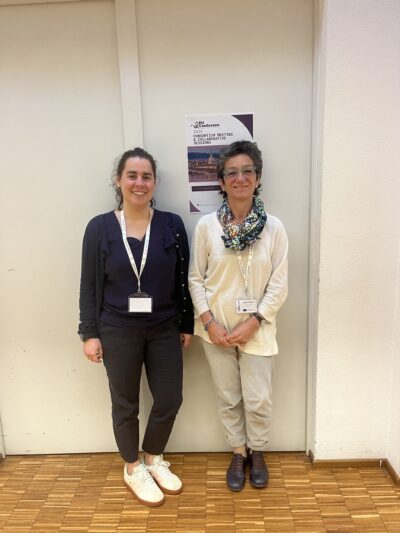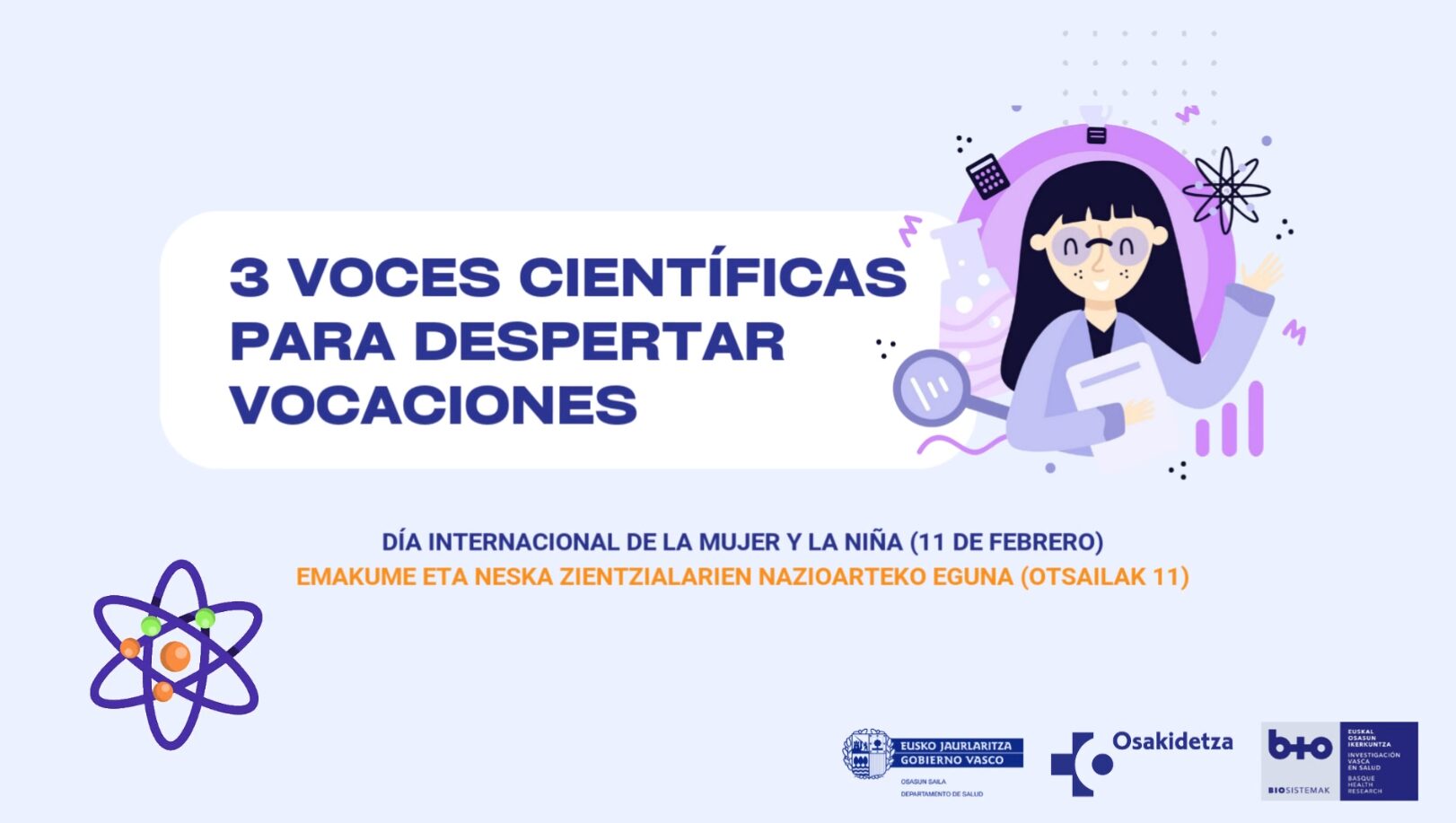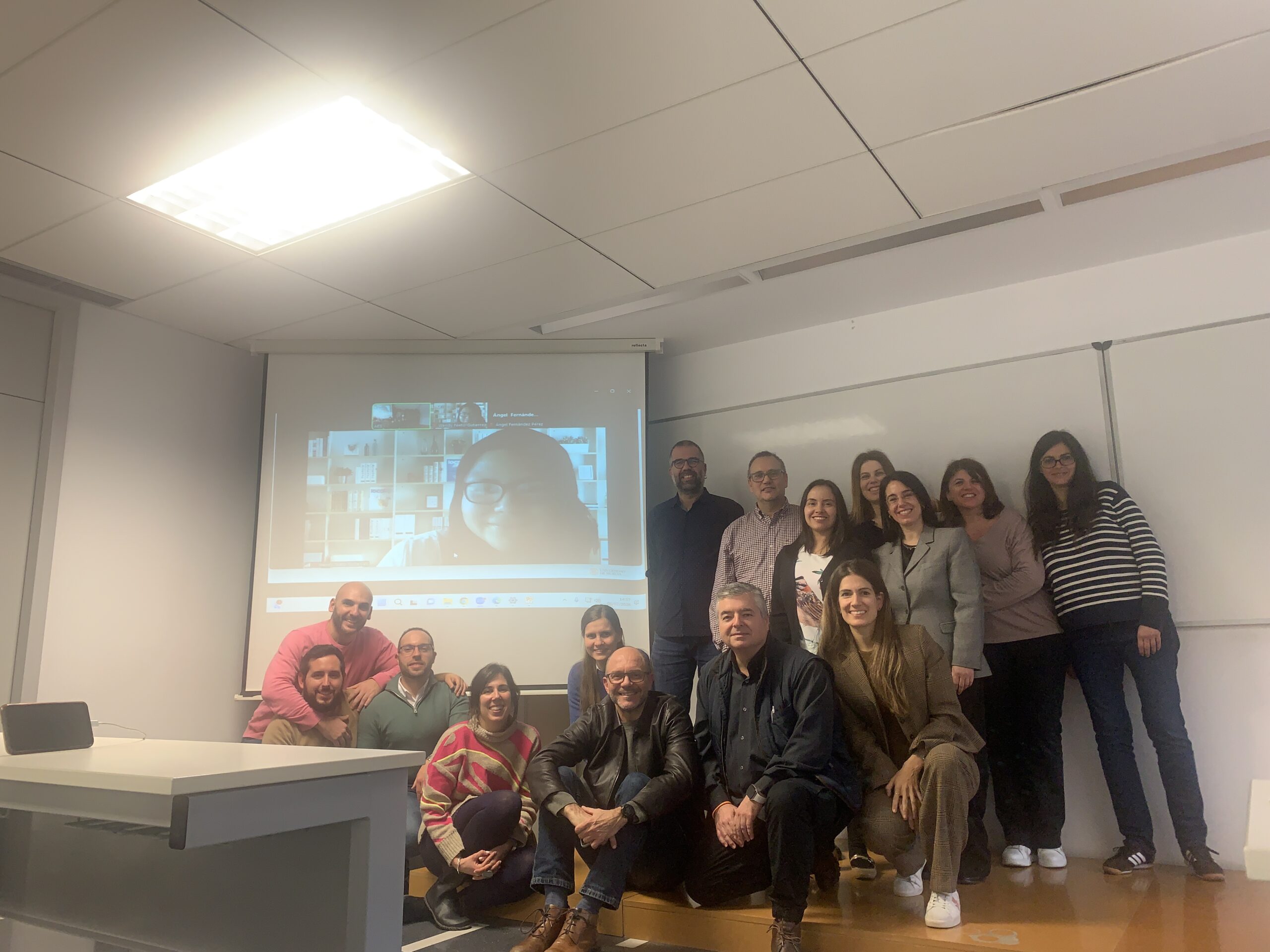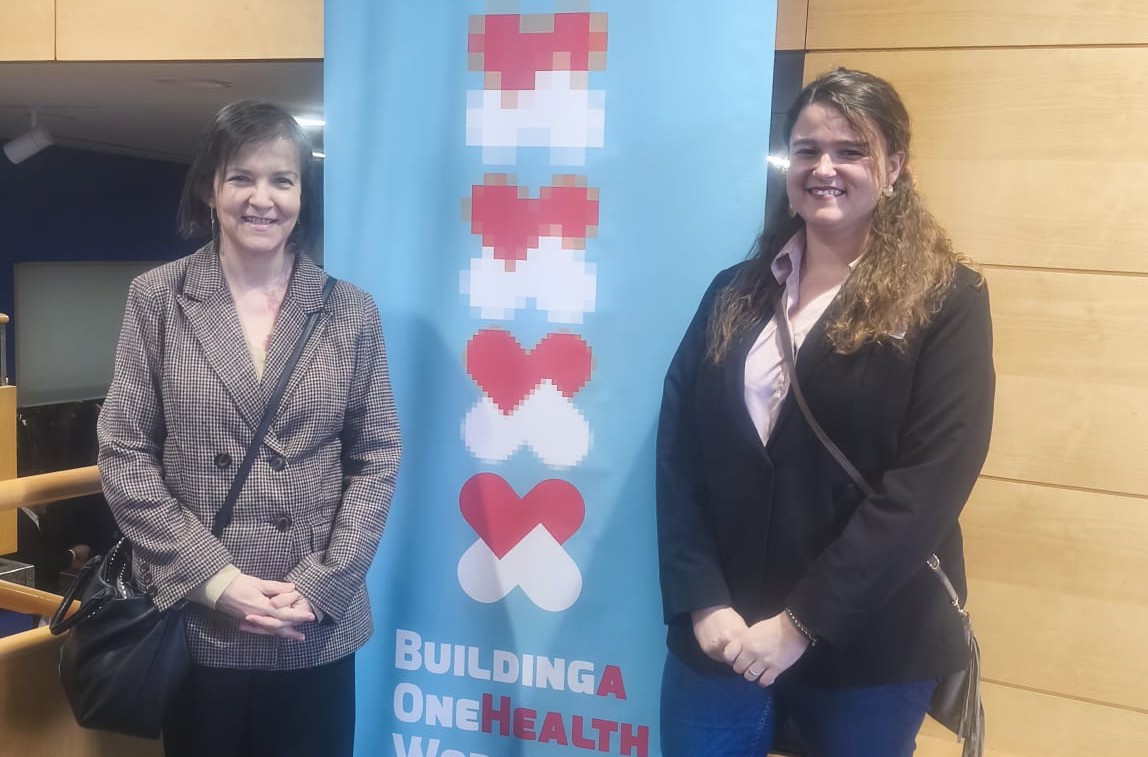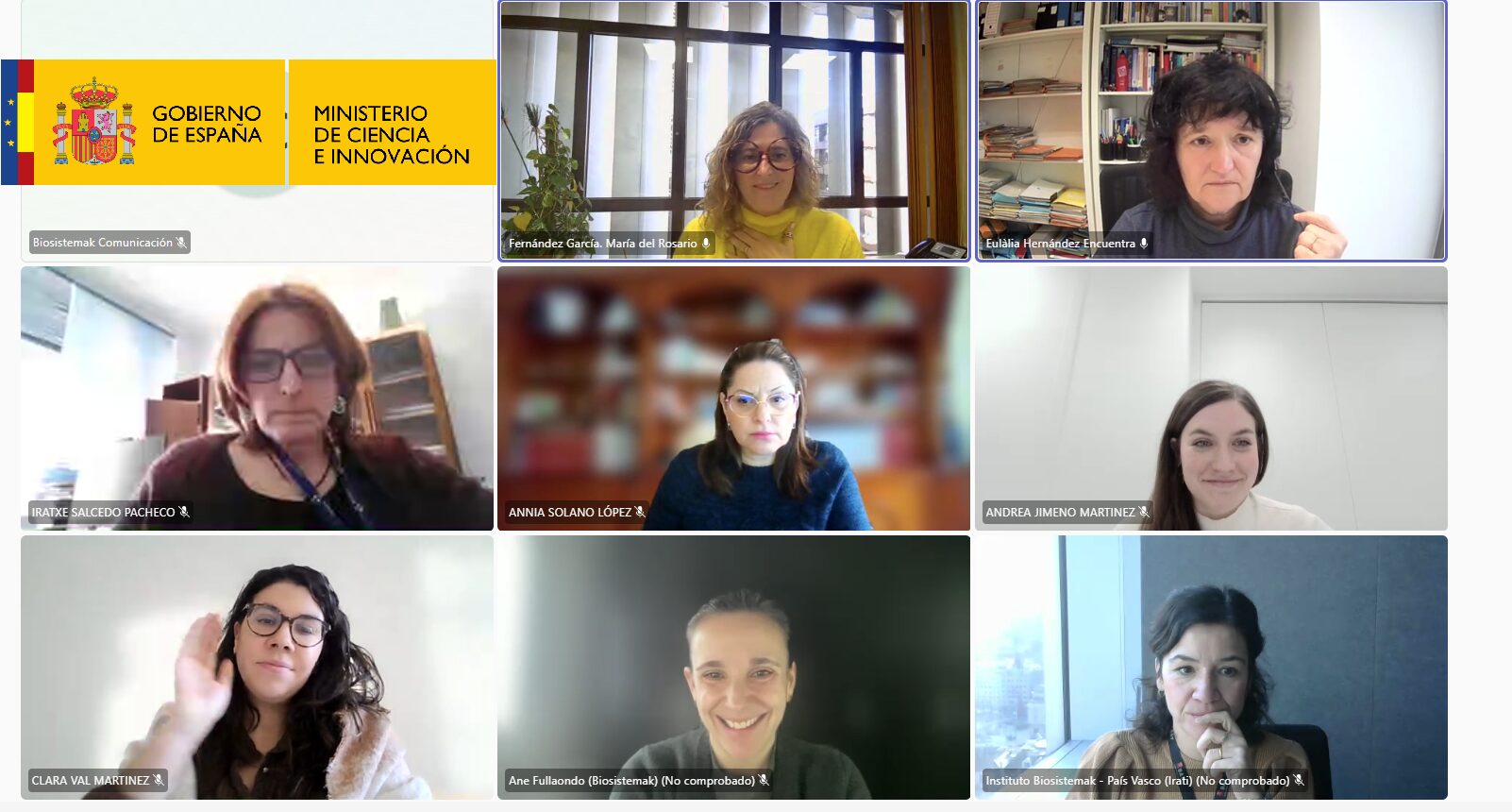EUCanScreen General Meeting in Turin to promote innovation in cancer screening
Biosistemak, represented by Itxaso Alayo and Isabel Portillo, participated in the session on the validation of health technology assessment models.
From 12 to 14 May, part of the Biosistemak team, including researcher Itxaso Alayo and Osakidetza Screening Coordinator Isabel Portillo, travelled to Turin to attend the EUCanScreen General Meeting, held at the iconic Arsenale della Pace. This meeting brought together representatives from 29 countries, including 25 EU Member States, Ukraine, Moldova, Norway and Iceland, with the aim of promoting innovation, equity and quality in cancer screening programmes, aligning efforts with the European Plan to Combat Cancer.
During the event, Isabel Portillo and Itxaso Alayo were invited to participate in the session on the validation of health technology assessment models (WP10.2/10.3 Model Validation Meeting with the HTA Modellers), organised by the Erasmus team. This forum reviewed and agreed on models that will optimise screening programmes across Europe, ensuring that decisions are based on the best available evidence.
One of the highlights of the meeting was the first official meeting of the Governmental Advisory Board (GAB), which brought together representatives from European health ministries to define policy strategies and ensure that scientific advances are translated into effective and sustainable public policies. The GAB is key to ensuring that the evidence and tools developed in the project are implemented at the national level, with the necessary political support.
A diverse consortium for a common challenge
The EUCanScreen project, coordinated by the University of Latvia, brings together 28 competent authorities, 61 affiliated partners and 7 associated partners. In Turin, experiences were shared with teams from established screening programmes and others in the process of improvement, enriching the exchange of good practices and the transfer of knowledge between countries.
The presence of representatives from the European Commission (DG SANTE and HaDEA) underlined the importance of EUCanScreen’s results for future health policies and funding priorities.
EUCanScreen‘s work will continue to expand over the next three years, helping to make screening programmes more effective, personalised and accessible to all citizens.
For its part, the Basque Country, through Biosistemak, is participating in several cross-cutting work packages that provide methodology and guidelines for monitoring, quality improvement and the integration of artificial intelligence into screening programmes. In addition, together with Osakidetza, it is working on a pilot project for new approaches to prostate cancer screening and the development of risk-based models and the evaluation of health technologies in the Basque Country.

